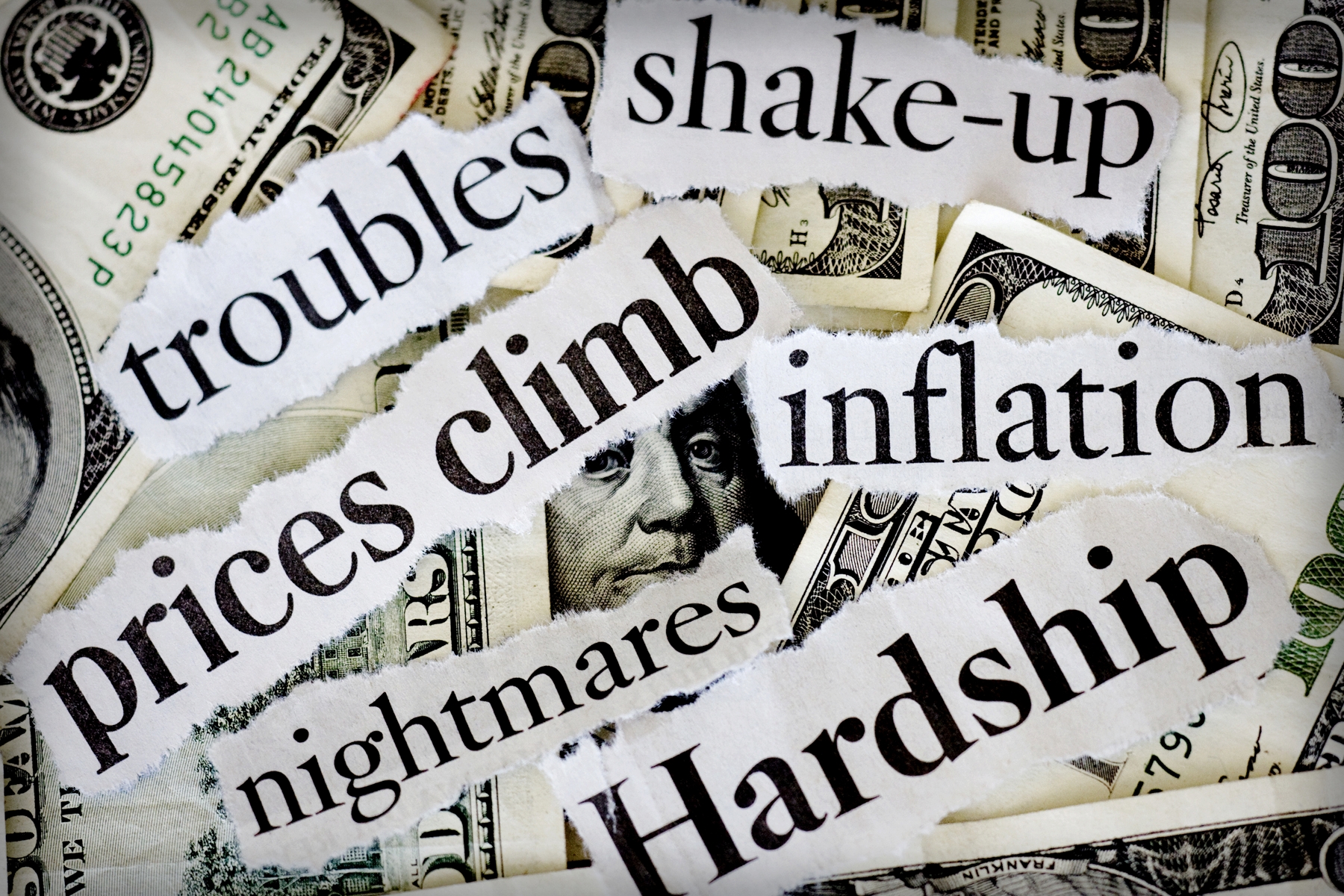
Recession is a period of reduced economic activity. It is is a business cycle contraction typically characterized by a decline in GDP (Gross Domestic Product). Recession is generally accompanied by a drop in the stock market, an increase in unemployment, and a decline in the housing market.
By contrast, depression is a sustained, long-term downturn in economic activity in one or more economies. A depression is a more severe downturn than a recession, which is seen by some economists as part of the modern business cycle. The latter refers to fluctuations that occur around a long-term growth trend, and typically involve shifts over time between periods of relatively rapid economic growth (an expansion or boom), and periods of relative stagnation or decline (a contraction or recession)
During recessions, many macroeconomic indicators vary in a similar way. Production, as measured by gross domestic product, employment, investment spending, capacity utilization, household incomes, business profits, and inflation all fall, while bankruptcies and the unemployment rate rise.
Recessions generally occur when there is a widespread drop in spending, often following an adverse supply shock or the bursting of an economic bubble (also called speculative bubble). Governments usually respond to recessions by adopting expansionary macroeconomic policies, such as increasing money supply, increasing government spending and decreasing taxation.